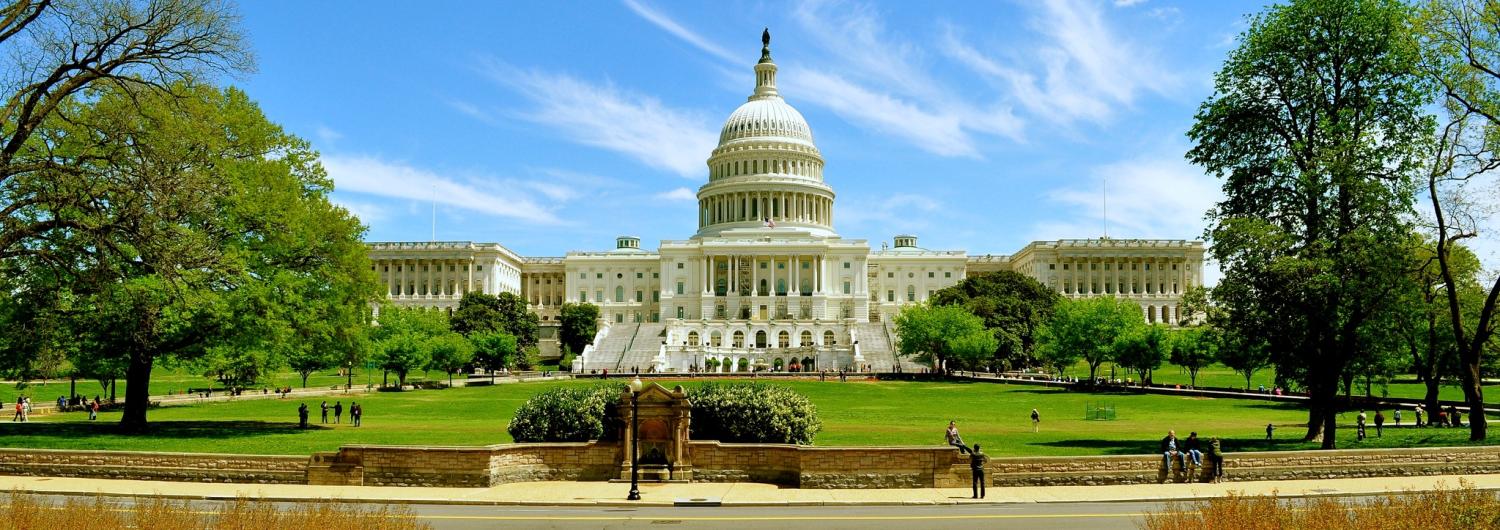The United States is awash with headlines decrying President Donald Trump’s firing of FBI Director James Comey last week. A multitude of news stories and broadcasts suggest Trump is engaged in a cover-up of his ties to Russia at the expense of the United States and the fairness of the 2016 election.
Examples include this New York Times editorial that states: 'Anyone who cares about the credibility of the American electoral process should want a thorough investigation of whether and how Russia interfered in the election and through whom.'
In USA Today, Laurence Tribe, Richard Painter and Norman Eisen wrote the priority must be to track down the details of the global financial entanglements that had 'ensnared this administration from the outset', saying this would unlock 'the mystery of what underlying conduct is so terrible that the Trump administration is willing to tie itself into knots and disgrace itself on the world stage to conceal'.
The Economist called on Republicans in Congress to properly investigate the Trump administration, saying: 'It is high time for them and others to put their country before their party'.
And in the Washington Post, Jim Hoagland wrote that an independent investigation is overdue because 'it is hard now to find other credible explanations for the president’s serial misbehavior and shameless, reckless actions'.
Will the dust settle on the Trump Administration? Likely not until he is out of office. Signs of a creeping scandal reminiscent of Watergate that forced Richard Nixon to resign the presidency abound. Influential factors include the workings of the American Constitution, the separation of powers within the American system, the shadow of Watergate, and the political will - or lack thereof - by Congress to forego partisanship.
The Constitution
There are two ways to remove a president from office. The first is impeachment by the House of Representatives with a trial by the Senate for 'high crimes and misdemeanors'. Only two presidents have been impeached: Andrew Johnson in 1867 and Bill Clinton in 1998. Both were acquitted by the Senate.
The other method is the 25th amendment, which states that the vice president and a majority of executive branch secretaries can remove a president if they deem him incapacitated, 'unable to discharge the powers and duties of his office'.
It is unlikely the 25th amendment will be used. So, Americans wait for Congress to act on impeachment.
Separation of powers
The framers of the Constitution feared usurpation of power by the head of state or government. Their solution was a separation of powers between the executive, congress, and the supreme court. Each was to be equal in terms of determining the nature and constitutional legality of public policy.
At times in American history, the Presidency has assumed greater authority over Congress. Franklin Roosevelt, Lyndon Johnson, and Richard Nixon (until his last two years in office) come to mind. At other times, Congress has assumed greater authority. Andrew Johnson, Dwight Eisenhower and the last years of Nixon come to mind. Rarely are both equal: equality depends on issues, personalities, and the tenor of the times.
Currently, both houses of Congress are controlled by the Republican Party. With a Republican president, it is assumed that such majorities would have carte blanche to propose and enact their own policy agenda. Rarely does that happen: public policy often hinges on the prerogatives of both the president and congress.
In the Trump/Russia issue, Republicans in Congress have left investigations of possible wrong-doing in the hands of standing committees of the House and the Senate. With Trump’s firing of Comey and an appearance of a cover-up, all Democrats and an increasing number of majority Republicans are calling for either an independent prosecutor or a joint select committee of both House and Senate, similar to that used in the Watergate scandal in 1973 and 1974.
The shadow of Watergate
Those old enough to remember Watergate see stark similarities between the scandals and the personalities of the Nixon and Trump administrations. Nixon was forced from office for covering-up a botched break-in of the Democratic Party headquarters housed in the Watergate office complex. Senor Republicans, who controlled the Senate where a trial would be held, told him he would be convicted if the House did impeach. Many Americans view Trump’s excuse for firing Comey as a similar cover-up; an obstruction of justice, a felony that constitutes high crimes.
One important difference is Watergate took two years to unfold, largely covered by one media source, The Washington Post. There was no internet, news was not run 24/7, there were far fewer media outlets and fewer still had the resources for in-depth investigation. Trump’s dilemma is there are many more media sources covering his troubles and they are running around the clock.
Congress
The question is whether such coverage will create the necessary political will among Republicans to act on a growing body of information regarding Trump, members of his administration, and Russia. And, if so, when?
Many Americans are calling this a constitutional crisis, just as Watergate was hailed in the 1970s. In both instances, however, the Constitution worked: it was not in crisis. The crisis is whether partisanship in Congress takes precedence over the principle of honest governing.

